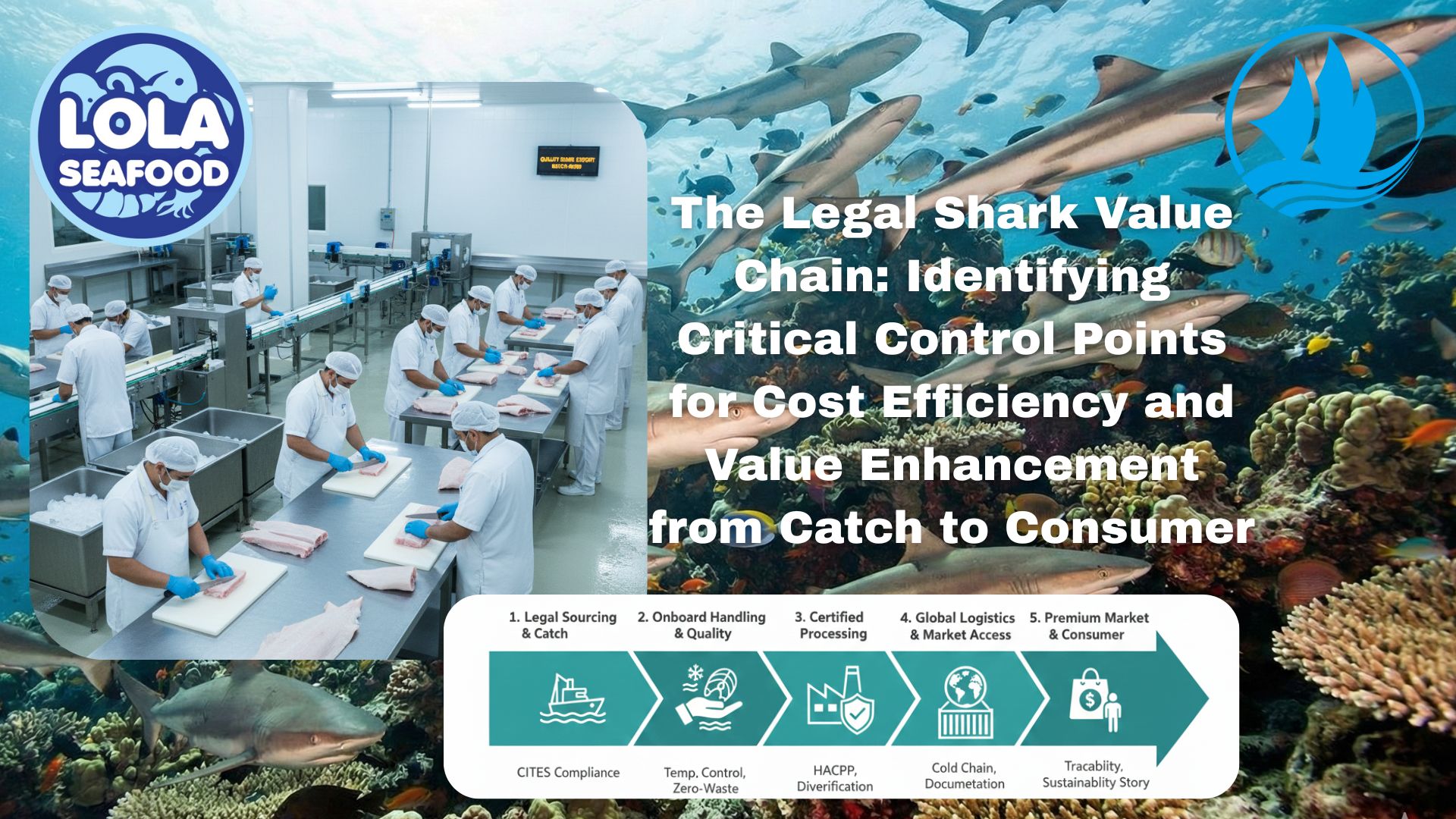Five Reasons Why the Red Sea Is a Challenging Area for Exporters
By. Agung Kurniawan - 22 Jan 2025
Kelolalaut.com The Red Sea, connecting the Mediterranean Sea via the Suez Canal to the Arabian Sea, plays a critical role in global trade. Despite its strategic importance, it presents several challenges for exporters, making it a region fraught with logistical and operational risks. Below are five key reasons why the Red Sea can be a nightmare for exporters.
1. Geopolitical Instability
The Red Sea borders several nations with histories of political and military conflicts, including Egypt, Sudan, Eritrea, Yemen, and Somalia. These regions frequently experience unrest, leading to disruptions in trade routes. Piracy in the Gulf of Aden, near the southern entrance of the Red Sea, has historically been a significant concern. Additionally, ongoing tensions between major players in the region, such as Saudi Arabia and Iran, contribute to the overall instability, deterring investment and complicating trade logistics.
2. High Maritime Traffic and Congestion
The Red Sea is one of the busiest maritime routes globally, with ships transporting goods between Europe, the Middle East, and Asia. The Suez Canal, located at its northern end, is a major chokepoint. High traffic often leads to delays, particularly during peak seasons or when disruptions occur. For instance, the 2021 blockage of the Suez Canal by the Ever-Given container ship highlighted the vulnerabilities of the region's logistics, costing billions in global trade losses. Such congestion significantly impacts exporters who depend on timely delivery to maintain their supply chains.
3. Environmental Challenges and Hazards
The Red Sea's unique environmental conditions, including high temperatures, strong winds, and shifting sandbanks, create difficulties for shipping. Navigating these waters requires precision and expertise to avoid accidents. Coral reefs near the coastline also pose hazards for larger vessels, which risk running aground if not carefully navigated. Environmental preservation laws further restrict certain shipping activities, increasing operational complexity and costs for exporters.
4. Regulatory and Bureaucratic Hurdles
Exporters often face stringent customs regulations and varying standards across the countries bordering the Red Sea. Bureaucratic inefficiencies, corruption, and lack of transparency in some ports delay shipments, increase costs, and reduce profitability. For instance, Egypt's customs procedures and port operations at the Suez Canal often experience inefficiencies, leading to extended waiting times. These factors can dissuade exporters from using the region as a primary trade route.
5. Security Risks and Piracy
While international efforts have reduced piracy incidents in the Gulf of Aden, the threat persists, particularly for vessels with inadequate security measures. Hijackings, ransom demands, and cargo theft pose significant risks, forcing exporters to invest in costly security measures, such as armed escorts and fortified vessels. Additionally, the proximity of conflict zones, particularly in Yemen, heightens the risk of attacks on commercial vessels, making the Red Sea a perilous route for trade.
The Red Sea is a vital trade artery, but its challenges cannot be overlooked. Geopolitical instability, heavy maritime traffic, environmental hazards, regulatory barriers, and security risks collectively make it a difficult area for exporters. Businesses navigating this region must carefully evaluate these risks, adopt robust contingency plans, and invest in resilient logistics to mitigate potential disruptions. While the Red Sea remains indispensable for global trade, it is far from an ideal zone for smooth export operations.
If you are interested in our Goldband / Crimson Snapper Whole Round, Goldband / Crimson Snapper Fillet Skin On, White Snapper / Robinson Seabream / Seabream Whole Round / Whole Gilled Gutted Scaled, White Snapper / Robinson Seabream / Seabream Fillet Skin On, Snapper Whole Round / Whole Gilled Gutted Scaled, Red / Scarlet Snapper Fillet Portion, Red / Scarlet Snapper Fillet Skin On, Snapper Fillet Skinless please do not hesitate to contact us to email and / or whatsap

The Legal Shark Value Chain: Identifying Critical Control Points for Cost Efficiency and Value Enhancement from Catch to Consumer

Global Trust Across Three Segments: How the HACCP System Ensures Premium Quality for Demersal, Pelagic Fish, and Legal Shark Product Utilization
.jpg)
Green Investment, Profitable Harvest: How Sustainability Practices Reduce Operating Costs in Fish Fillet Processing Plants (Skin-On and Skin-Less)
 in Meeting Global Protein Demand Sustainably.jpg)
Sustainable Aquaculture: The Role of Recirculating Aquaculture Systems (RAS) in Meeting Global Protein Demand Sustainably




